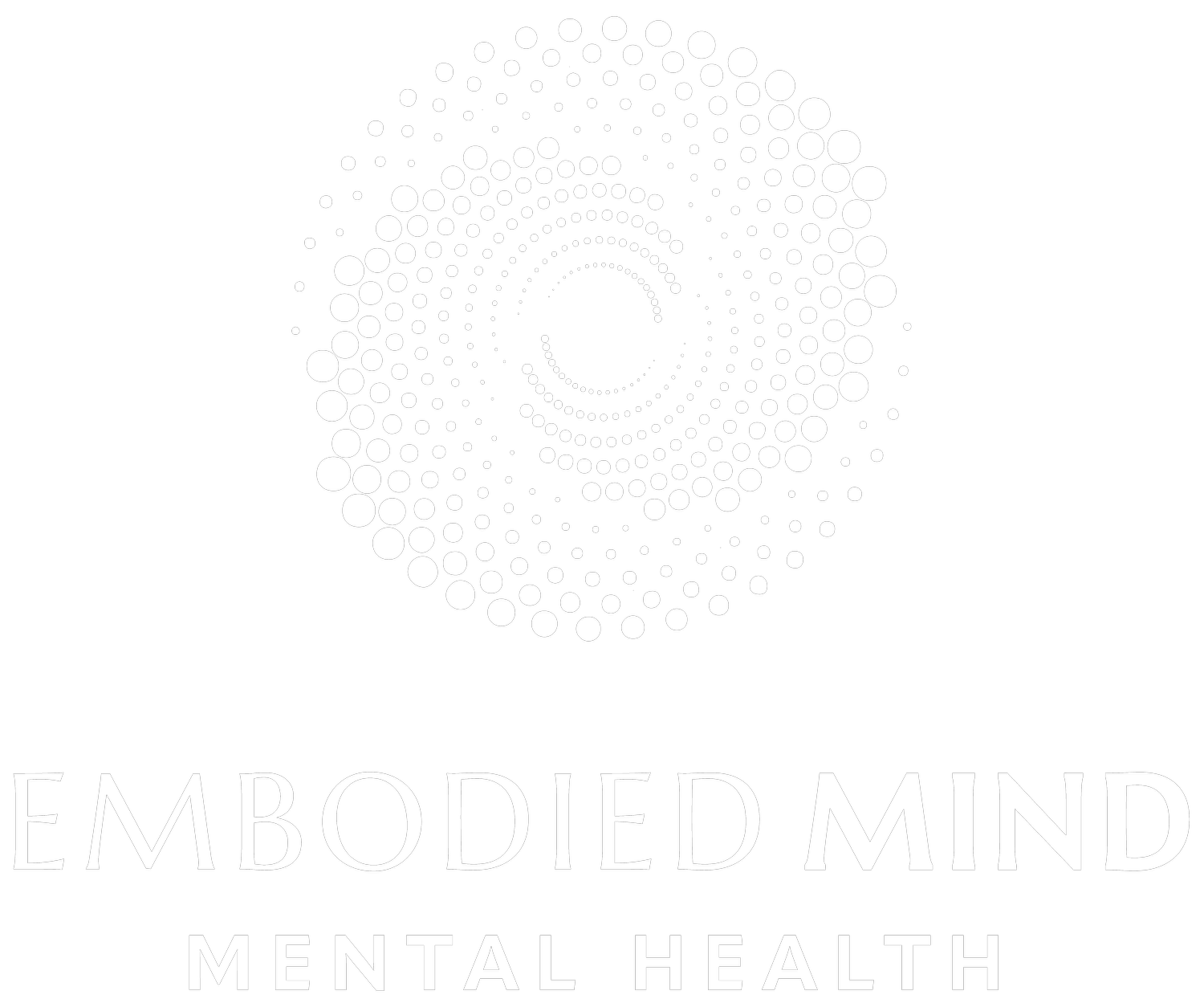
Our approach to
Trauma-Informed Care
We see the majority of behaviors and patterns that cause distress (and lead clients to therapy) as creative ways humans have learned to cope with life experiences, relationships, emotions, biological dispositions, culture, family legacies, and social influences. Rather than approaching you diagnostically, we see that there are patterns of suffering as well as individual learning styles that respond to various approaches towards change. Therefore, we tailor our approaches to meet each of our clients therapeutic needs.
Therefore, Embodied Mind NYC is committed to dismantling systems of oppression and re-traumatization by training, educating, and supporting our staff at every level in our system of care. We do this by maintaining the following Trauma Informed Principles developed by the Department of Health and Human Services:
Collaboration & Mutuality
Empowerment, Voice, & Choice
Cultural, Historical & gender issues
Safety and Stabilization
Trustworthiness & transparency
Peer & Group Support
Integrative, Developmental
Treatment
Humans are influenced by life's experiences in a myriad of ways. In order to support our clients, we believe it is vital to hold an integrative framework as we work on meeting their goals. As integrative mental health providers, we take into account the biological, relational, systemic, social, cultural, emotional, physiological, and spiritual components to health and well-being and integrate such into our counseling services.
Our clinicians have access to and/or are trained in providing the following services based on client needs:
Psychodynamic Psychotherapy
Body-Centered Psychotherapy
Dialectical Behavioral Therapy (DBT)
Mindfulness Based Therapy
Interdisciplinary coordination of care with medical treatment providers
Psychoeducation and classes
Systems theory
Contemplative Psychology
Basic Goodness
We adhere to the perspective that we are all inherently, fundamentally good. Good in a sense that we come into this world with an inherent propensity to thrive. Over time, the relationship to our own basic goodness is thwarted by life situations, family systems, societies, and environments that mitigate our inherent capacity for wellness. We then adjust our selves in order to maximize the fulfillment of our basic survival needs. Although these adjustments served us, over time, they also become a pattern of our discomfort and pain. We become disconnected and forget who we truly are. Rather than seeing you as a diagnosis, we see symptoms as reflections of your inherent creative capacity for survival. Change first requires one to accept oneself exactly as they are.
Organicity
This assumption attests that when all components to a system are communicating, then the system is inherently self-correcting and self-directing and has inherent wisdom of its own (Kurtz, 2007). Therefore, when working with clients, it's our role as therapists to support the communication of all the parts of an individual's system: the individual and the interpersonal dynamics (familial, social) that are inherent to one's identity and understanding of self, cultural assumptions, and the systems from which we are inevitably embedded (including but not limited to social roles of gender, sexuality, sexual orientation, culture, class, race, age).
It is not our role to impose our agenda or meaning for clients through analysis. It our role to work cooperatively within a client's system, holding the limitations that the greater social system inflicts on one's organicity, while trusting their natural drive towards wholeness and well-being.
Embodied Mind is recognized by the New York State Education Department as an approved provider of continuing education for licensed mental health counselors #MHC-0186 and licensed social workers #SW-0645.


